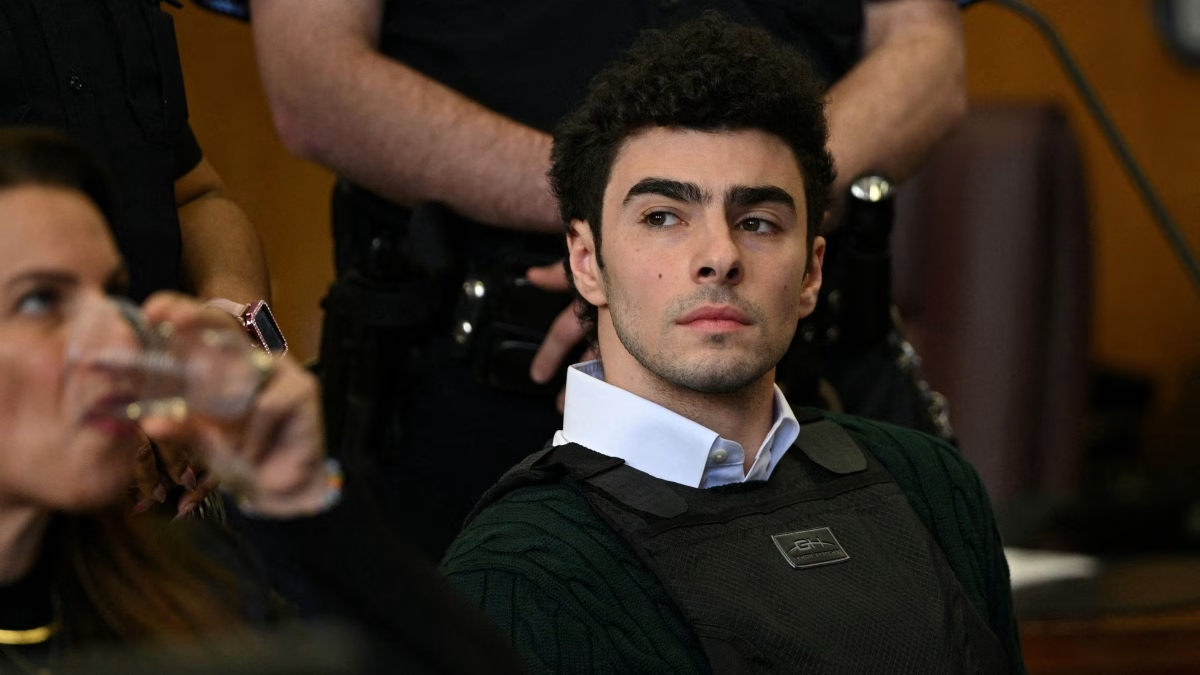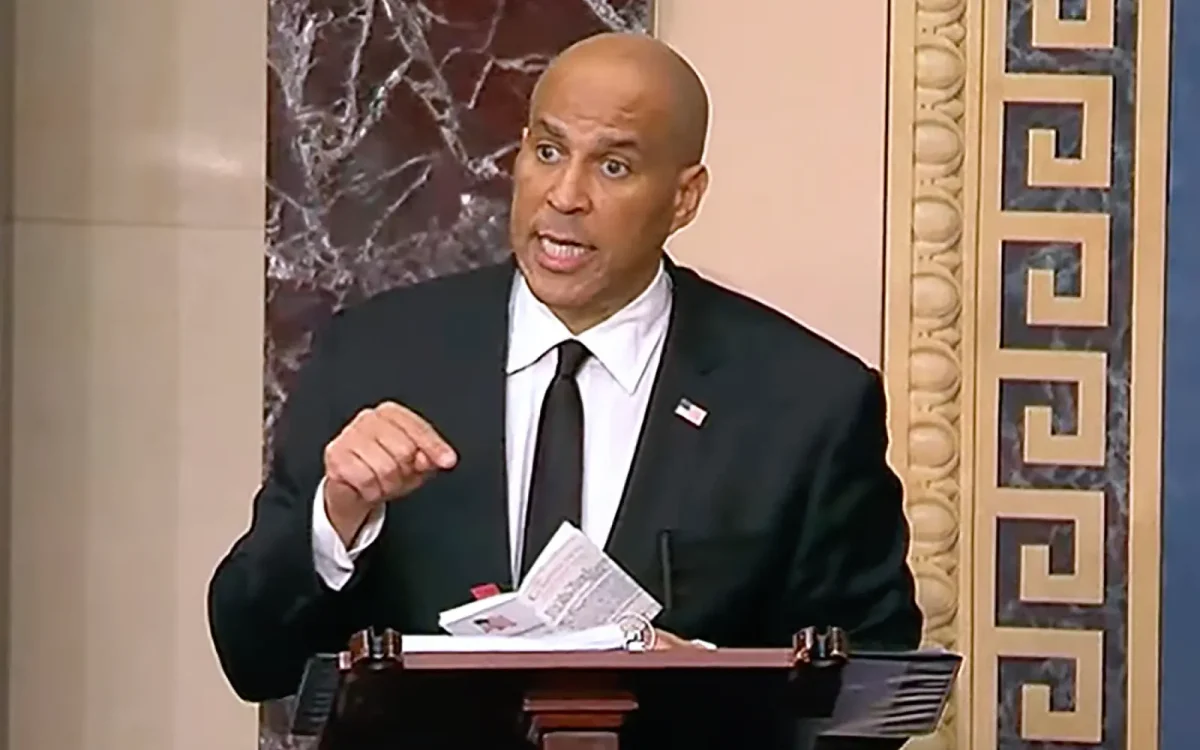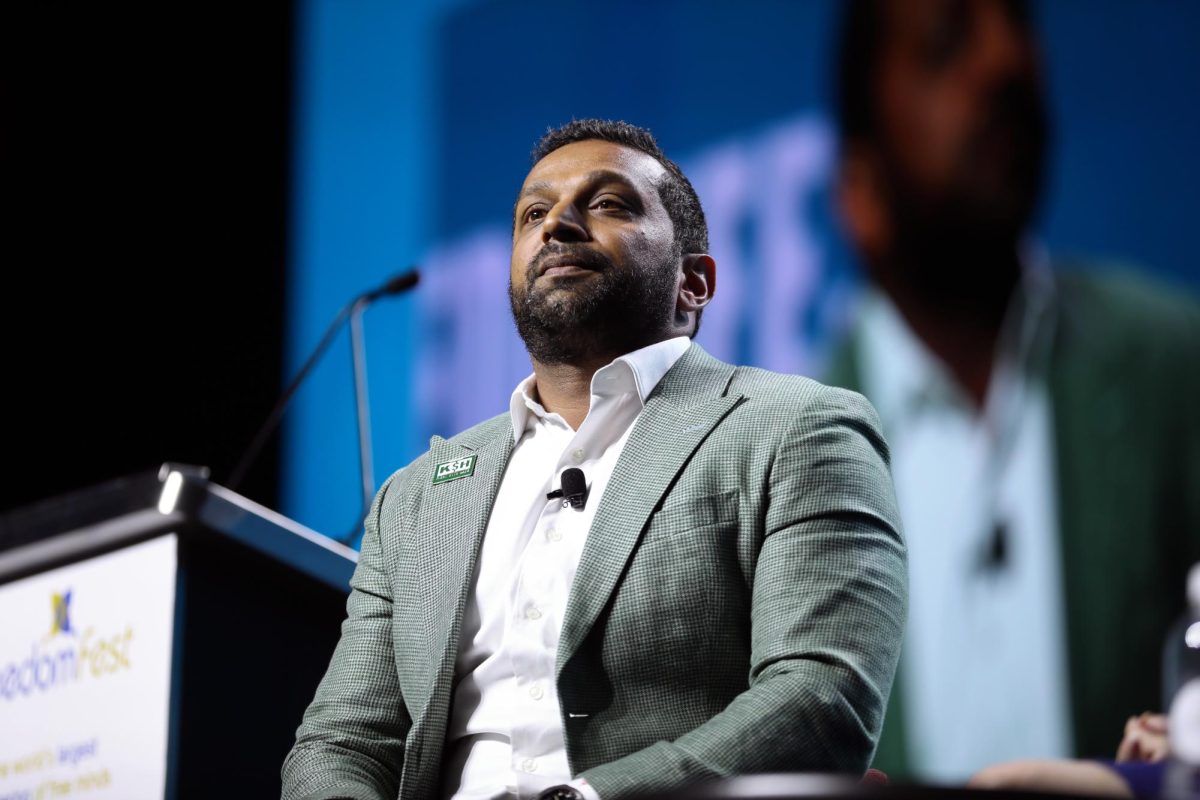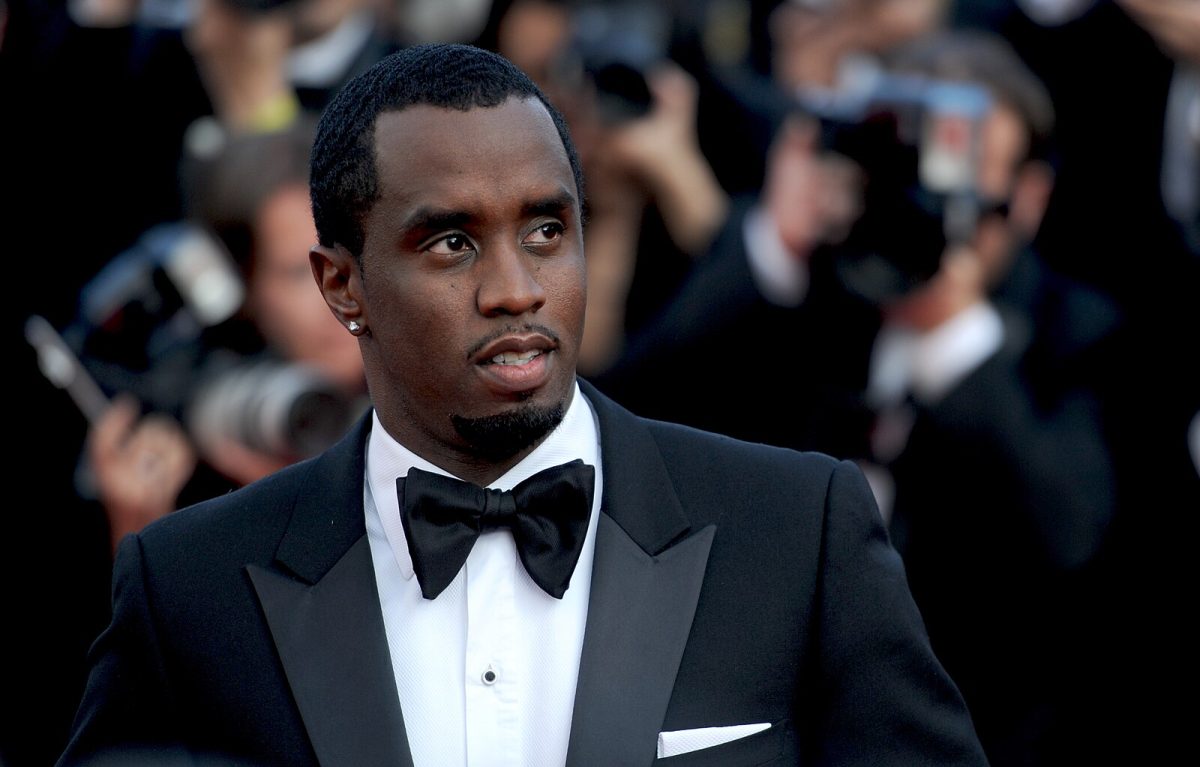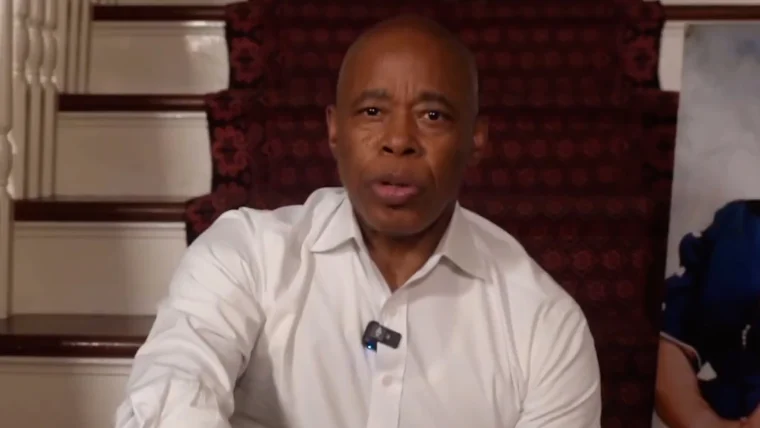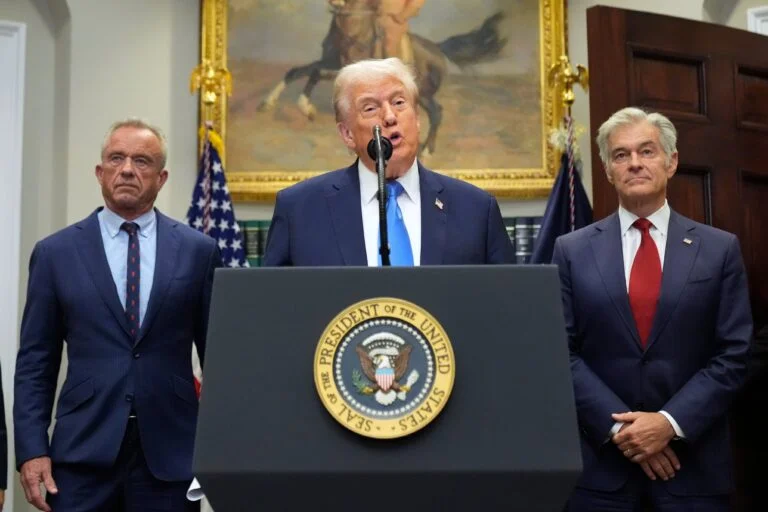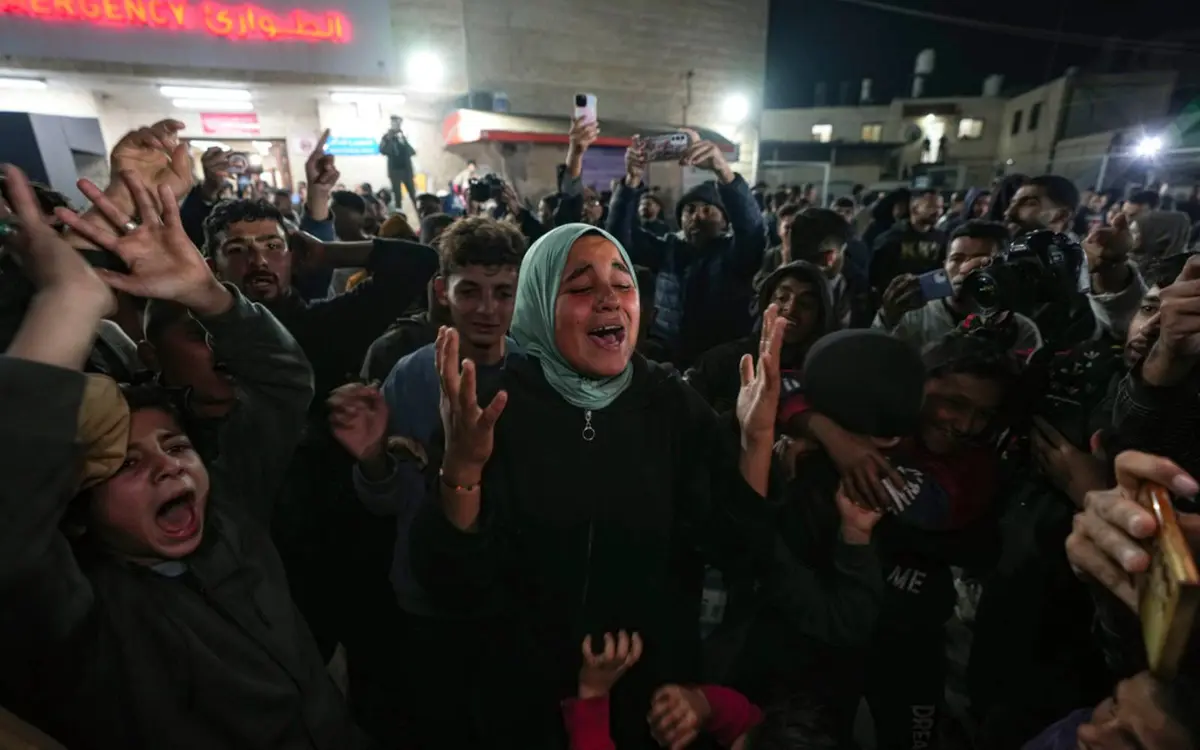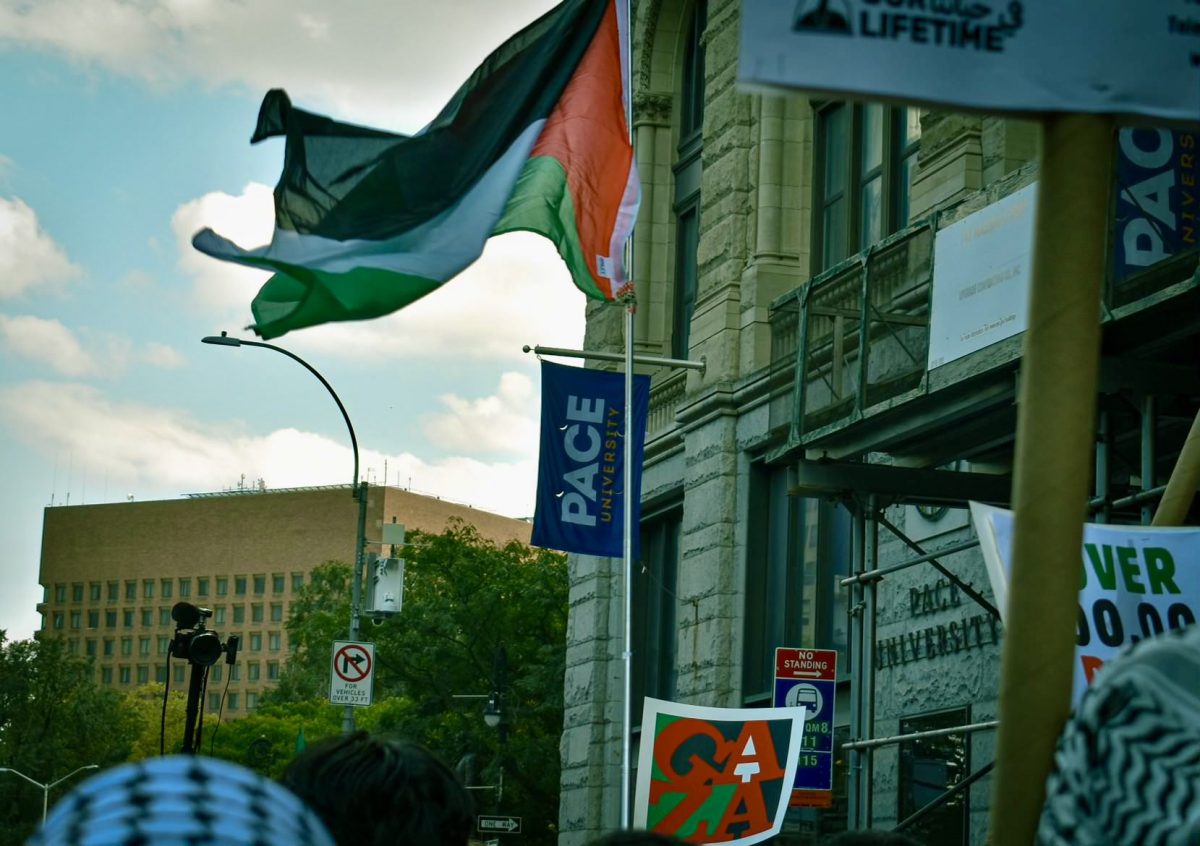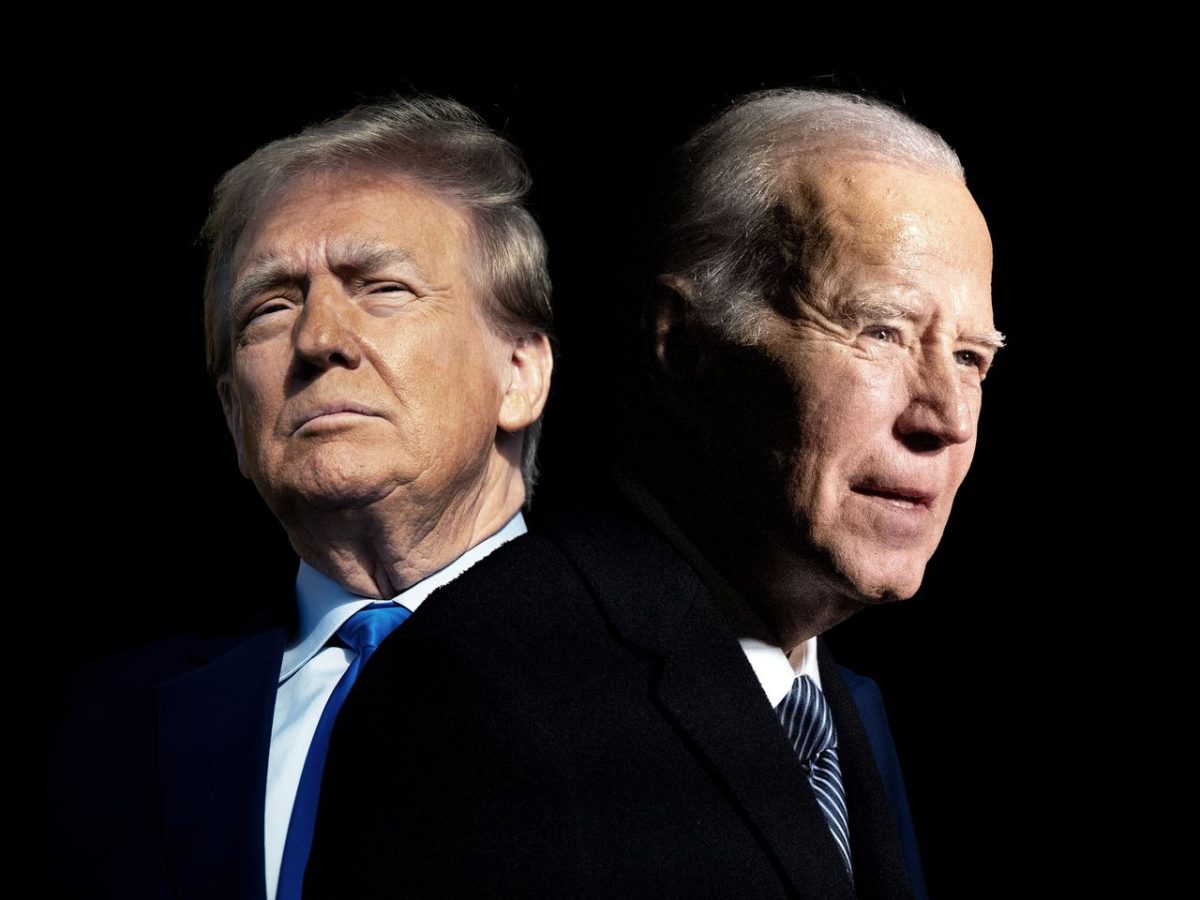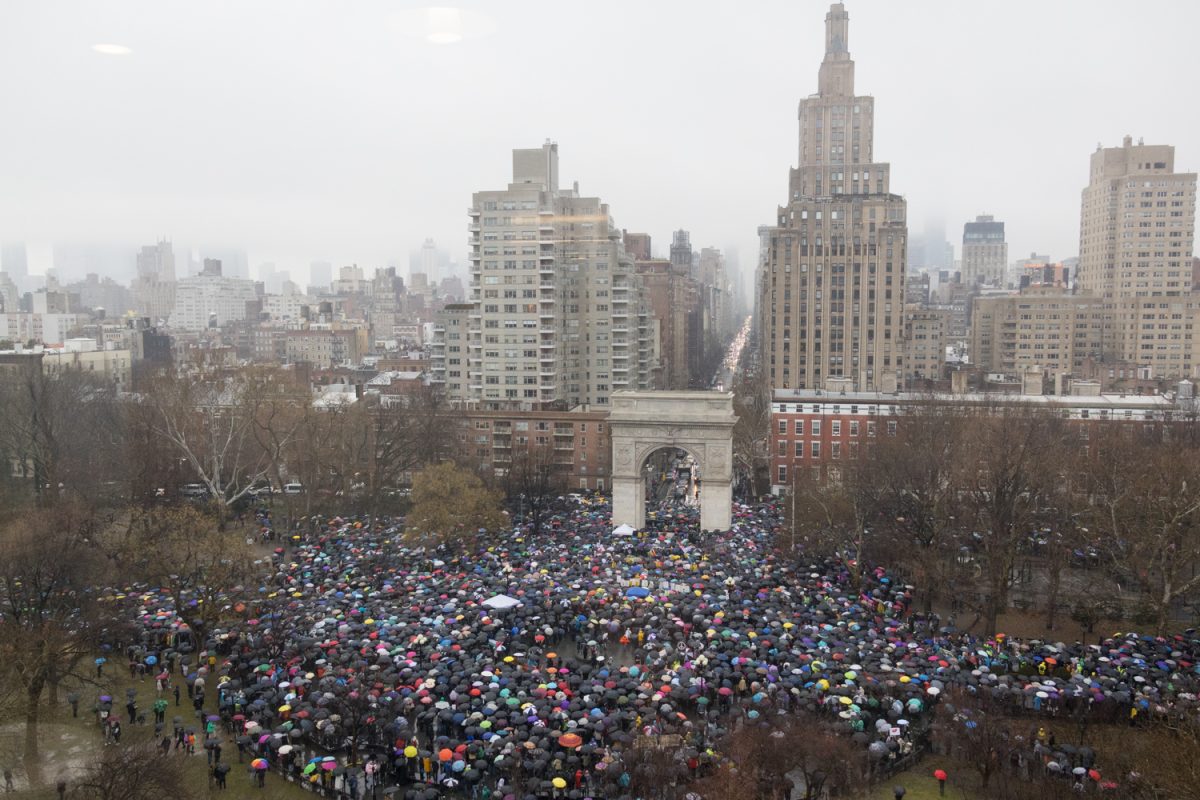As of early January, President Donald Trump has cut off aid to Palestinians. The threat and subsequent carrying out of this is in an effort to have Palestine sign a peace treaty with Israel and condone Jerusalem as the Israeli capital.
Serious problems between Israeli and Palestinian people began in 1947 and since then there has been a number of wars within the Jewish and Arab countries. Up until today, powerful countries have proposed peace plans between Israeli and Palestinian leaders, but there has never been a final agreement. Once President Trump declared Jerusalem as the capital of Israel, the feud has continued to become further out of control.
This comes after Trump claimed Jerusalem to be the capital of Israel. He is the only world leader that has recognized this as the ‘capital’, and has announced plans to move the US Embassy from Tel Aviv to Jerusalem. Vice President Mike Pence claims that the embassy in Jerusalem will open by the end of 2019.
This is the first “resolution” for peace that has been extremely specific by another country and involves taking away aid to people in war-torn country.
This peace plan by Trump does not only effect Palestine and Israel, but also the entire Middle East, as well as the future of the Iran Nuclear deal. This is the first time that the White House has used a bargaining chip, specifically aid for Palestinians, to negotiate peace. In the place of the US, Norway had initiated a meeting for the European Union to come to the aid of Palestinians.
The Pace Press spoke with freshman, Abby Friedel, a Political Science major. Discussed were the lives that are being affected by the aid halt and what this means for other countries around the world. While Trump is claiming Jerusalem as the capital, how he is handling Palestinian aid was criticized by Friedfel. She discussed how she feels about other countries and their response. It was said, “I think the countries that are still giving aid are headed in the right direction. But as soon as a ‘superpower’ like the US made Jerusalem the capital of Israel, the world moved away from the possibility of peace.” Friedel believes the country is not only war-torn, but they still have children and helpless families living within them that are unable to speak up for any sort of freedom or aid. She explained, “On the topic of children, no one deserves to grow up in a climate of severe violence. Kids are not able to get access to healthcare. They are not able to go to school or even clean water.”
While the US is seeking a new approach for peace, many believe we are also witnessing a break up within the international community. The Israel-Palestine conflict remains a difficult, complex conversation, without signs of stopping any time soon.

Middle East Monitor


